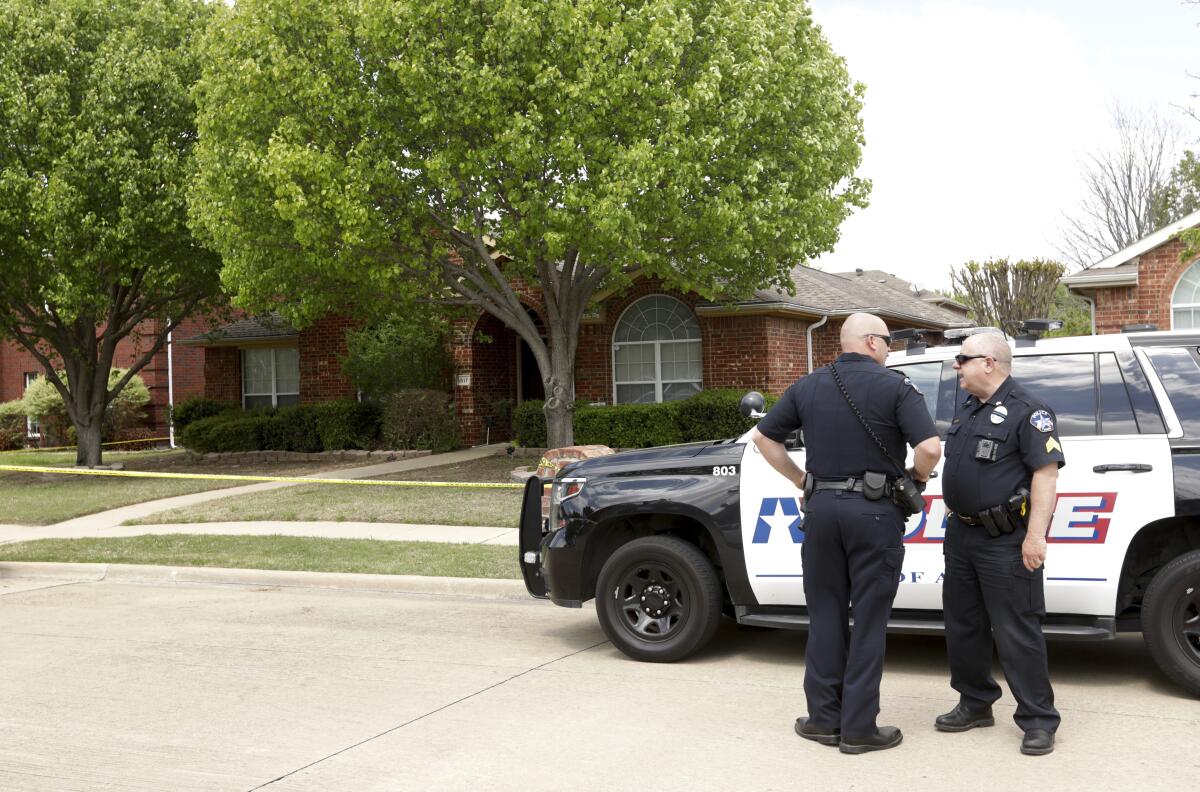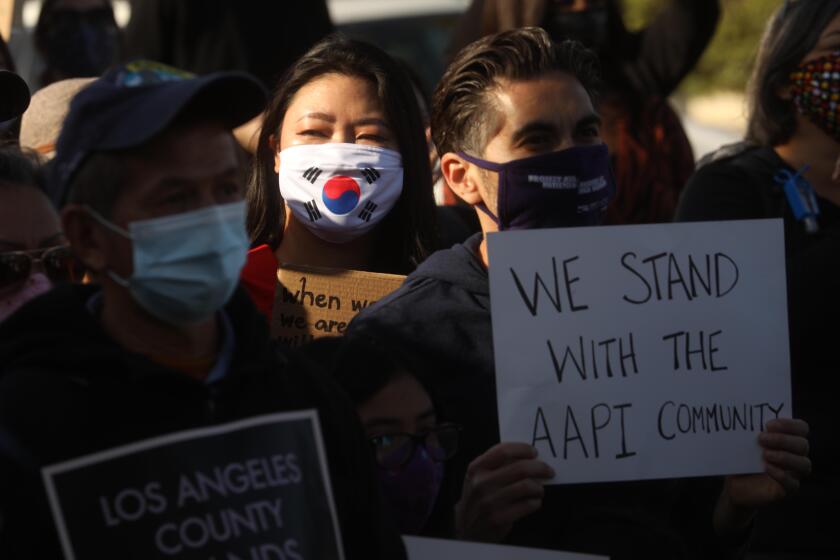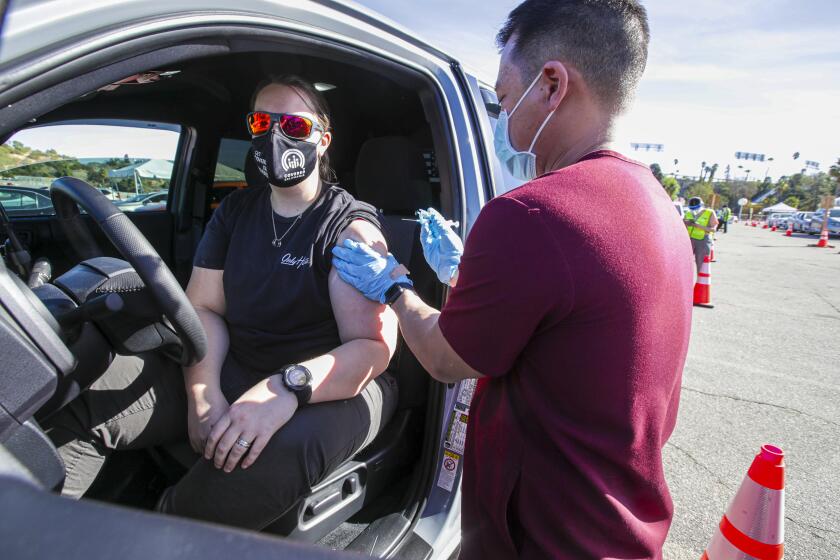Six members of family found dead in apparent murder-suicide in Texas

DALLAS — Six people were found fatally shot in a suburban Dallas home early Monday after police say two brothers made a pact to kill four family members and themselves.
Police in Allen, Texas, said investigators believe brothers Tanvir Towhid, 21, and Farhan Towhid, 19, made a pact to kill their parents, sister and grandmother before killing themselves. The bodies were found early Monday by officers performing a welfare check, Sgt. Jon Felty said.
“It appears that the two brothers had entered into an agreement,” Felty said.
The victims were identified as Altafun Nessa, 77; Iren Islam, 56; Towhidul Islam, 54; and Farbin Towhid, 19.
Felty said one of the two brothers wrote a lengthy post on social media in which he said he and his brother had a plan to kill their family members and then themselves. He also wrote that all of his decisions were based on weighing pros and cons, including the decision to kill his family.
The Dallas Morning News reported that Farhan Towhid posted a link to the letter on Instagram, but the account has since been disabled.
Long a minority in American Christianity, Asian American Christians have found a new voice after the Atlanta spa shootings. They are a bridge between those who blame an evangelical ‘purity culture’ for the deaths and activists who say the growth of anti-Asian hatred cannot be ignored.
In the post, Farhan Towhid wrote that he had been cutting himself more frequently recently and that his treatment for depression — which included counseling and medication — didn’t seem to help him as much as it had previously, Felty said.
Several members of the Bangladesh Assn. of North Texas gathered near the home Monday after news of the deaths was released, the Dallas Morning News reported. Ahmad Hossain, who lives about a block away, told the newspaper that the family moved to the area about seven or eight years ago from New York.
Hossain said Nessa, the grandmother, was visiting from Bangladesh. He said she was scheduled to return home last week but couldn’t because of the COVID-19 pandemic.
Fazia Rahman, who graduated from Allen High School last year with Farhan and Farbin Towhid, said the family was welcoming and the parents “treated everyone like they were their own kids.”
President Biden announces he’s moving up the deadline for states to make all adults eligible for COVID-19 vaccines to April 19.
“We don’t want this to be their family legacy,” she said. “They were such great people. They genuinely touched the lives of everyone who they came in contact with. ... They were good people who had bright futures ahead of them.”
A mass killing where two siblings are the perpetrators is rare, said James Alan Fox, a criminologist at Northeastern University.
“In these situations, mass killing, it’s usually one perpetrator,” he said.
The Associated Press/USA Today/Northeastern University Mass Killing Database has recorded 452 incidents of mass killings — the slaying of four or more people — from 2006 through Sunday, he said. Nearly half of those — 217 — were mass killings where someone killed their family members, he said.
Start your day right
Sign up for Essential California for the L.A. Times biggest news, features and recommendations in your inbox six days a week.
You may occasionally receive promotional content from the Los Angeles Times.
He said that of the 217 family mass killings, 207 involved a single perpetrator.
The only other family mass killing recorded in the database that involved siblings was a 2015 slaying in Oklahoma. Two brothers, Robert and Michael Bever, were sentenced to life in prison after being convicted in the stabbing deaths of their parents and three siblings. At the time of the killings, Robert was 18 and Michael was 16.
Fox said that, in killings involving two perpetrators, “usually one is the leader and the other the follower.”
“The leader feels good about the fact that someone sees them, looks up to them and is willing to do what they’re told,” Fox said. “And then the follower generally revels in the fact that the more dominant person praises them for their loyalty and strength. So it may be mutual — it may be a pact, but it’s typically one person who lays the ground rules and the other person who agrees with them.”
More to Read
Sign up for Essential California
The most important California stories and recommendations in your inbox every morning.
You may occasionally receive promotional content from the Los Angeles Times.












